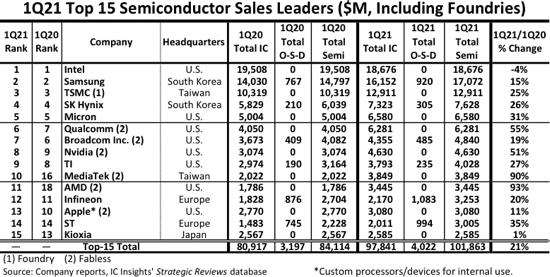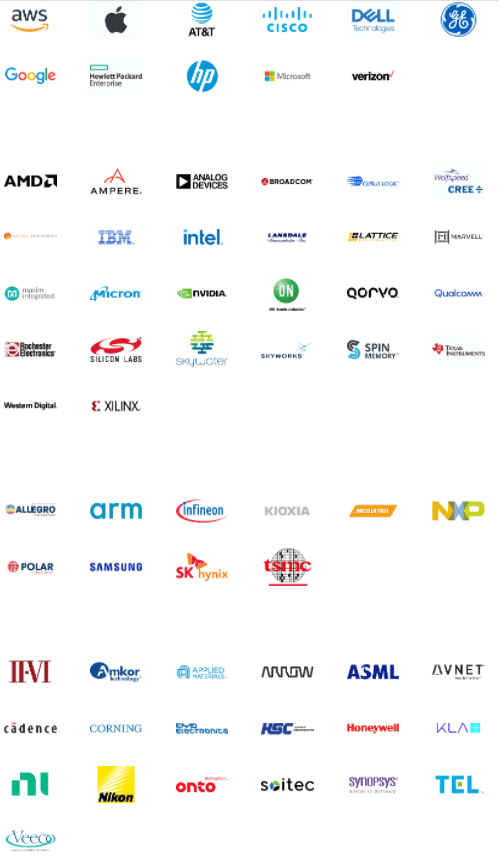White House Report to Strengthen U.S. Semiconductor Manufacturing and Research
🟩 Return to domestic production with an awareness of China
United States Innovation and Competition Act (USICA) passed by the Senate.
Both the Democratic Party and the Republican Party felt a sense of crisis about the United States falling behind China’s growing competitiveness, and a bill was submitted bipartisan.
Artificial intelligence (AI) and U.S. manufacturing and technology sectors will be subsidized by 250 billion dollars (about 27 trillion yen), of which 52 billion dollars (about 5 trillion yen) will be for semiconductor manufacturing enhancement and research and development
Two bills introduced during the Trump administration, CHIP and AFA, were scheduled to contribute US$37 billion, but the Biden administration significantly increased the amount.
Creating Helpful Incentives to Produce Semiconductors for America
CHIPS for America Act www.semiconductors.org
🟩 Semiconductors that have already left China
China is worried about its growing competitiveness, but as of 2021, China is not a major player in semiconductors.
Huawai has also disappeared due to the impact of the 2020 U.S.-related embargo on semiconductors

🟩 Backed lobby groups
The bill was backed by lobbying by the American Semiconductor Institute (SIA).
In addition, a lobbying group of semiconductor companies across multiple sectors, the Semiconductors in America Coalition (SIAC), was launched.
Home – Semiconductors in America Coalitionwww.chipsinamerica.org
A system in which major IT vendors such as Google, Apple, Microsoft, and Amazon back up semiconductor companies
It is composed of a large number of members, with the aim of further enhancing the current superiority.

🟩 Moves that anticipate China’s growth
These U.S. policies are a move to prevent China from holding chokepoints for economic and national security.
White House report raises concerns on four items
・Important pharmaceuticals
, advanced batteries
, important minerals
, semiconductors
If we depend on China for the supply of these products, we cannot tolerate the risk of a sudden supply stoppage.
Of course, China will grow its own semiconductor industry.
🟩Summary
U.S. subsidies to the semiconductor industry will encourage China’s own semiconductor growth, but it is a preemptive strategy considering security
I wonder if Japan manufacturers will benefit from the $52 billion in subsidies.
The Japan may also need to anticipate policies so that other countries do not hold chokepoints, such as in the energy field、、、

